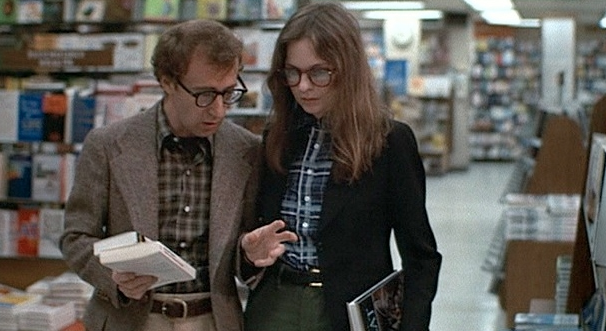Woody Allen is famed for many quotes, including “80% of success is showing up.” But perhaps his most salient one comes from Annie Hall, in which, in the character of Alvy Singer, he tells Annie (Diane Keaton), “I feel that life is divided into the horrible and the miserable. That’s the two categories. The horrible are like, I don’t know, terminal cases, you know, and blind people, crippled. I don’t know how they get through life. It’s amazing to me. And the miserable is everyone else. So you should be thankful that you’re miserable, because that’s very lucky, to be miserable.”

While some will maintain that The Smiths were the progenitors of what it means to be a modern emo, it was really Woody Allen who broke it down for us most succinctly in 1977. And sure, his films before and after that point continued to fortify his thesis on the shittiness of life, but it was this brief statement to Annie Hall that established his guru status as an all-knowing alma mater of pensive lugubriousness.




















